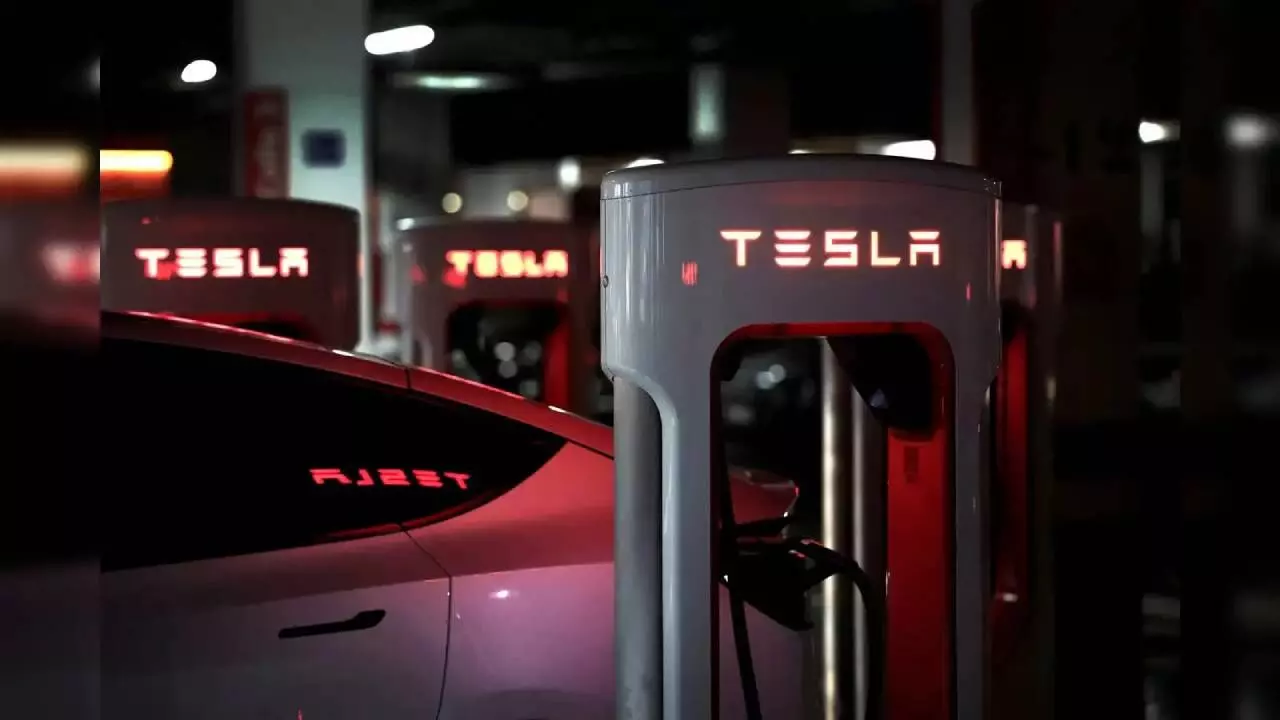Tesla Skips Make in India Plan: Why Policy Reform Still Holds the Key to EV Growth
Tesla backing out of manufacturing in India is not a major blow, but it signals the need for smarter EV policies. With Mercedes, Hyundai, and VW showing interest, India must align incentives with market realities to become a true EV manufacturing hub.
Tesla Skips Make in India Plan: Why Policy Reform Still Holds the Key to EV Growth

The news that Tesla is not interested in manufacturing in India is a downer. Tesla will only start showrooms, Minister of Heavy Industries H.D. Kumaraswamy said on Monday. Heavy Industries Secretary Kamran Rizvi, however, clarified that “the real intent” of the Elon Musk-owned electric vehicle (EV) giant will be known later, adding that the Minister was talking about what Tesla people “tell informally.”
In contrast, other international auto manufacturers are showing more definitive signs of interest in India’s EV manufacturing potential. Kumaraswamy noted that German auto giant Mercedes-Benz and Skoda-Volkswagen (VW) and South Korea’s Hyundai and Kia are all exploring opportunities to manufacture EVs in India. These companies, already present in the Indian market, appear to be more aligned with the government’s push to make India a global EV manufacturing hub.
Musk had earlier expressed a strong interest in entering the Indian market, but progress was stalled due to India’s high import duties on fully built vehicles. Tesla had sought temporary tariff reductions to test demand before committing to local manufacturing, but Indian authorities remained firm on the policy that incentives would favor companies that manufacture locally. The standoff delayed Tesla’s entry and, as current developments suggest, may have influenced the company’s decision to scale down its plans.
Despite the Tesla setback, India continues to advance its EV ambitions. The Central government has approved a comprehensive scheme aimed at boosting domestic production of passenger vehicles, with a clear focus on electrification. The initiative is part of a broader strategy to reduce dependence on fossil fuels, lower vehicular emissions, and establish India as a competitive player in the global EV supply chain.
While these policy efforts and international partnerships offer some optimism, challenges remain. One of the primary problems facing the Indian auto sector today is the government’s top-down approach towards industrial planning. Policy formulation is increasingly being driven by a centralized vision of “green” industrial transformation, rather than market realities and innovation. The emphasis on electric mobility, while forward-looking, has often been accompanied by regulatory mandates and incentive structures that sideline traditional market mechanisms.
This approach has led to concerns that innovation and competition are being stifled by state intervention. For instance, policy decisions—such as selective subsidies, high import duties, or production-linked incentives—often reflect ideological preferences rather than economic pragmatism. The auto sector, like any other, thrives best when entrepreneurial freedom, market competition, and consumer choice are prioritized.
A more balanced strategy would involve aligning environmental goals with market incentives and removing structural barriers to investment. Rather than dictating outcomes, the government should focus on creating a policy ecosystem that rewards performance, supports technological development, and encourages both domestic and international players to invest organically.
Besides, there are the usual abominations of red tape, the vagaries of taxation, unpredictability in policy, etc., that deter investment in the auto sector, as in other industries.
While Tesla’s scaled-back plans are a setback, the interest evinced by other global auto majors offers some reassurance. For India to emerge as a truly competitive automotive manufacturing hub—especially in EVs—policy must evolve to reflect market principles rather than bureaucratic planning. The success of this transition will depend not only on attracting marquee names like Tesla, but on fostering a competitive and innovation-driven environment for all stakeholders in the auto ecosystem.

